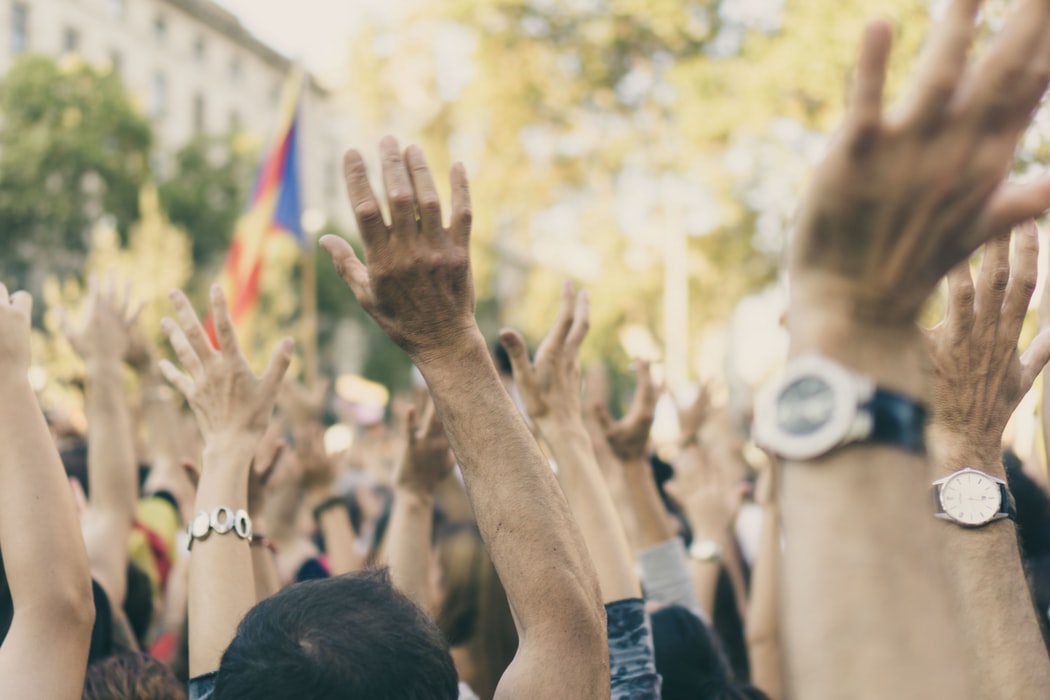
Last week we offered a meditation retreat for activists from across the country, thanks to a grant from the Nathan Cummings Foundation in memory of Rabbi Rachel Cowan. At the end of a few days of cultivating a loving heart through meditation, prayer and silence, the participants shared their thoughts and experiences of connecting contemplative practice with their work as activists. Several of them expressed the tension between the rage they felt in response to their own experiences of oppression which then fuels their work and the healing power of reaching out – and in – in love. It was such a relief to immerse in love. But what about the justifiable anger at all that is hurtful and unjust in our world?
This question caused me to reflect in turn on an experience of conflict that arose in my own life. In the aftermath of my own anger and hurt, I struggled with my habitual response of withdrawing, of creating greater separation between myself and the other. I know that separation may initially feel comforting, but it also brings greater suffering. I often teach the midrash that says that when God separated the upper waters from the lower waters on the second day of creation, the lower waters wept over the separation. Out of compassion for their anger and hurt, God refrained from saying “It is good” and indeed the Torah does not include that blessing for the second day. Separation does deepen suffering; in fact, one of the aspects of the suffering is that when we are in its grip, it is more difficult to reach out in love.
And yet, as one of the participants commented, aren’t we all deeply yearning for more love?
Perhaps the answer is to hold it all, to make space for the anger and hurt, these difficult but important human experiences that both protect us and separate us from others. After all, separation was essential for creation to happen. The practice can be not to get stuck there. From the separation it is sometimes possible to reach out again in love which can lead to healing. In the case of the conflict I experienced, the conversations that took place afterwards created a new sense of closeness and understanding. That is not always possible. But even when it is not, to reach in with love and compassion for our own suffering can be a transformative intention. And that itself is a blessing.
